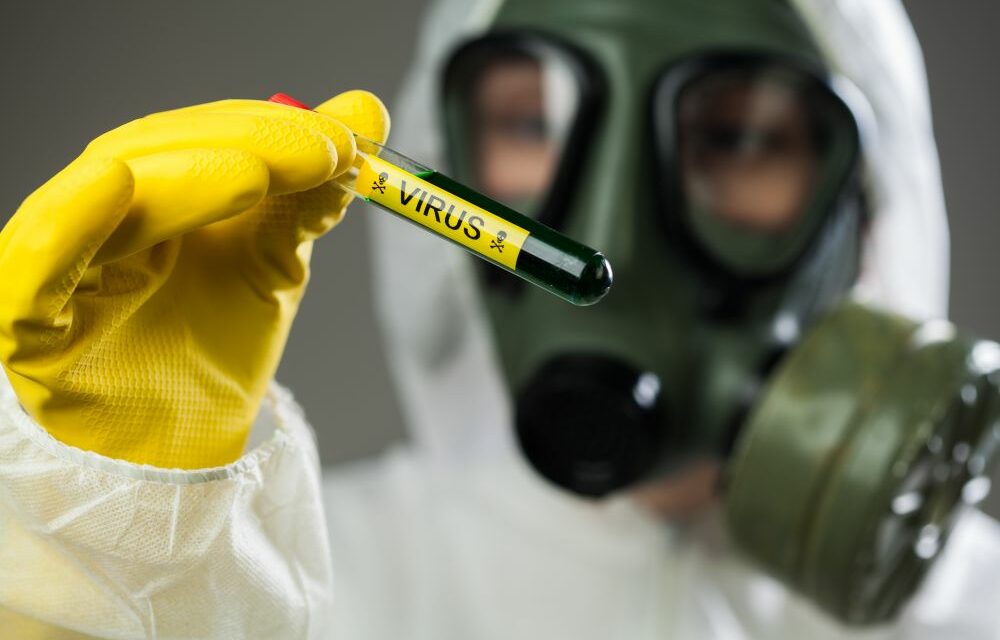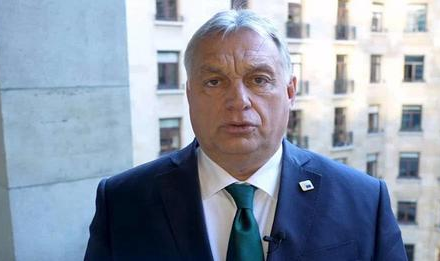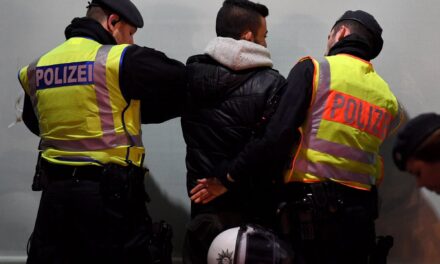The World Health Organization (WHO) held an extraordinary meeting on Saturday, where it decided, among other things, whether the increasing spread of monkeypox is considered a public health emergency of international concern.
The World Health Organization (WHO) announced on Saturday that the spread of monkeypox does not constitute a public health emergency for the time being. At the same time, according to the director general of the organization, Tedrosz Adhanom Ghebreyesus, there are still serious concerns about the extent and speed of the current epidemic, Forbes reported .
In the paper's article, it is written that the WHO board decided in an extraordinary meeting whether the increasing spread of monkeypox is considered a public health emergency of international concern.
In a statement, the commission noted that in cases of monkeypox
the recent increase was limited to the "gay, bisexual, and men who have sex with other men" communities who had not previously been vaccinated against smallpox.
At the same time, the WHO warns that there is also a risk of further, long-term transmission among the wider population.
What is monkeypox?
Monkeypox is an animal viral infection that causes a skin rash similar to the dreaded blackpox. Human-to-human transmission is relatively rare, but distinguishing the two diseases based on clinical symptoms alone can be difficult.
The monkeypox virus therefore emerges as a possible weapon of bioterrorism. The fatal infection caused by monkeypox is rarer than blackpox, but it is by no means negligible.
Photo: Illustration/Shutterstock












